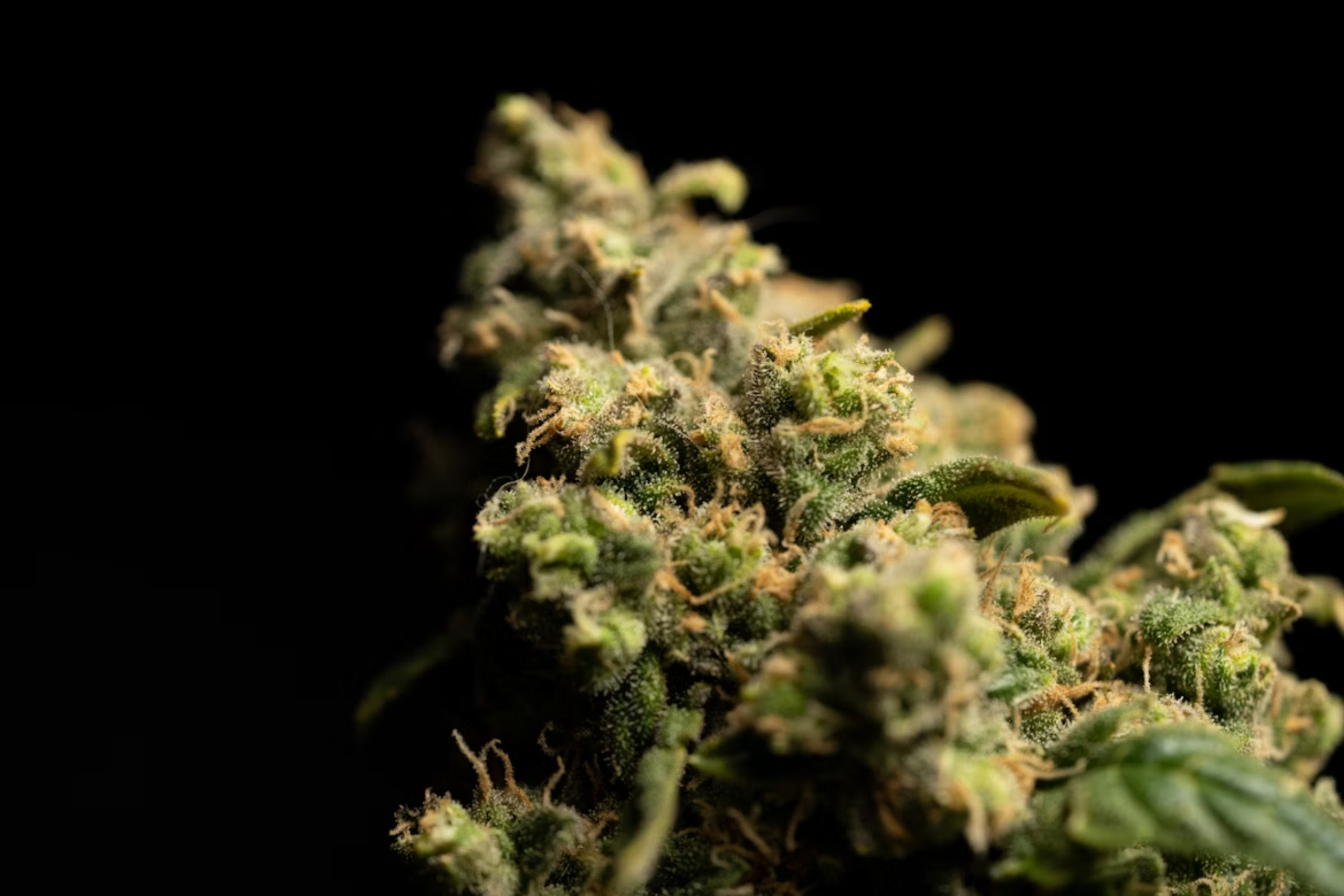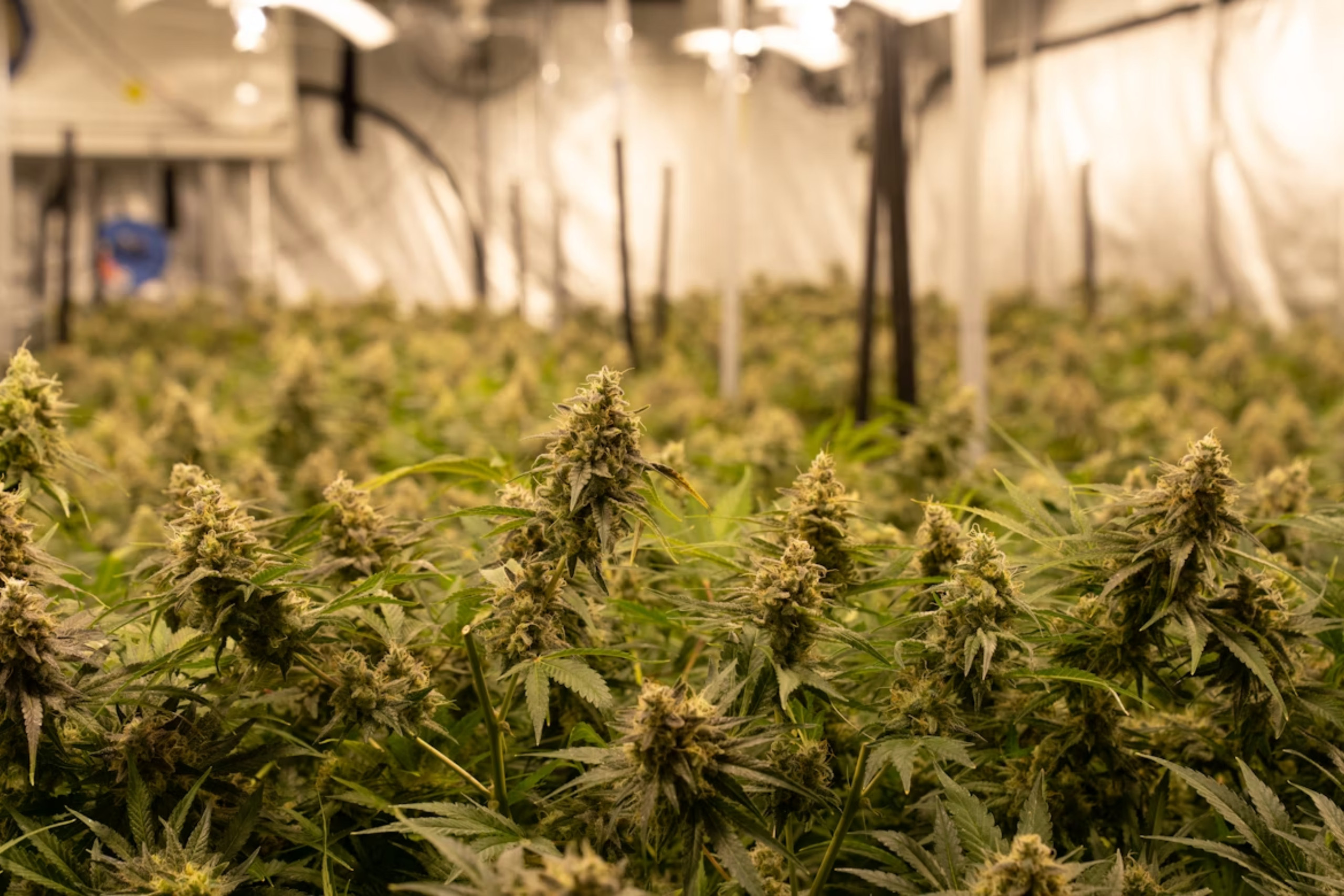THCA Flower North Carolina exists within a framework that combines federal hemp policy with state-specific enforcement interpretations. Rather than operating under a standalone cannabis law, the state aligns its oversight with the provisions of the 2018 Farm Bill, which defines hemp and its derivatives by THC concentration.
Both agricultural and law enforcement authorities closely monitor licensing requirements, distribution protocols, and product labeling. Understanding these layered regulations provides clarity on how THC-A flower is managed, inspected, and categorized within North Carolina’s evolving legal and industrial context.
[420 NEWSLETTER]: Don't Miss The Best New Strains Hitting The Market
Regulatory Landscape Surrounding THC-A Flower In North Carolina
Alignment with the 2018 Farm Bill and state hemp rules
North Carolina’s approach to THC-A flower regulation is rooted in its adherence to the federal standards outlined in the 2018 Farm Bill. This legislation distinguishes hemp from marijuana based on the delta-9 THC concentration, requiring all hemp-derived materials to remain below the legal threshold.
The state’s hemp program mirrors this definition, applying it to cultivation, testing, and product handling. Regulatory bodies ensure that growers and processors operate in accordance with guidelines that align with federal compliance expectations.
Licensing by the North Carolina Department of Agriculture
Licensing and oversight for hemp-related activities in North Carolina fall under the authority of the North Carolina Department of Agriculture and Consumer Services (NCDA&CS). Producers and handlers must obtain official authorization before cultivating, processing, or distributing hemp-derived materials, including THC-A flower.
The licensing process involves submitting detailed applications that document cultivation plans, property locations, and compliance measures. Once approved, license holders are subject to periodic inspections and record reviews to ensure ongoing compliance with regulatory requirements.
THC limits and mandatory lab testing
Regulations governing THC-A flower in North Carolina require strict adherence to federal THC concentration limits verified through certified laboratory testing. The total THC content—accounting for both delta-9 THC and potential conversion from THC-A—must remain below 0.3% on a dry-weight basis to qualify as compliant hemp.
Testing is conducted by approved laboratories that utilize validated analytical methods, such as high-performance liquid chromatography, to ensure precision in measurement. Producers are required to submit samples before harvest; noncompliant results mandate crop disposal under supervision.
Rules on retail sales, labeling, and transport
Retail distribution, labeling, and transportation of THC-A flower in North Carolina are governed by a combination of state hemp policies and general commerce regulations. Retailers are required to verify that all products originate from licensed sources and are accompanied by certificates of analysis confirming compliance with THC limits.
Labeling must include essential details such as batch identification, product weight, producer information, and testing references to ensure traceability. Transportation rules require that all shipments remain sealed and be accompanied by documentation verifying their lawful origin and destination.
Oversight by agriculture and law enforcement agencies
Oversight of THC-A flower in North Carolina involves coordination between agricultural regulators and law enforcement agencies to ensure adherence to state and federal mandates. The North Carolina Department of Agriculture and Consumer Services manages licensing, testing, and compliance verification, while law enforcement monitors transportation, possession, and retail practices for potential violations.
Collaborative inspections and data-sharing systems allow both entities to confirm that licensed operators maintain proper documentation and meet THC compliance thresholds.
Industry Standards Surrounding THC-A Flower In North Carolina
Cultivation and handling standards
Agricultural and handling standards for THC-A flower in North Carolina follow protocols established under the state’s hemp production program. Cultivators must use approved seed varieties, maintain accurate planting records, and operate within registered cultivation zones.
Environmental conditions, including soil management and irrigation practices, are documented to ensure consistency with regulatory expectations. Post-harvest handling is governed by sanitation and containment guidelines designed to prevent cross-contamination or unauthorized mixing of batches.
Certified lab testing methods
Laboratory testing standards for THC-A flower in North Carolina are built on certified methodologies that ensure precision and regulatory compliance. State-approved laboratories use validated analytical techniques such as high-performance liquid chromatography to measure cannabinoid concentrations and confirm THC levels within the legal threshold.
Testing must be conducted on representative samples collected under supervision, with results documented through certificates of analysis issued to the producer. Laboratories are required to maintain accreditation and follow strict quality assurance procedures, including instrument calibration and data verification.
Packaging and traceability rules
Packaging and traceability standards for THC-A flower in North Carolina are designed to maintain product integrity and ensure regulatory transparency. All packaging must be secure, tamper-evident, and clearly labeled with information such as batch identification, producer name, and testing details.
Labels must also comply with state-mandated formatting requirements to prevent the dissemination of misinformation or misrepresentation. Each unit of product is tracked through a traceability system that records its origin, processing history, and distribution pathway. Producers and retailers are required to maintain these records for verification during inspections or audits.
Uniform recordkeeping practices
Recordkeeping standards for THC-A flower operations in North Carolina emphasize uniform documentation across cultivation, processing, and distribution stages. Licensed entities are required to maintain detailed logs that include planting records, harvest reports, laboratory test results, and transportation manifests.
These records must be stored in a manner that allows immediate access during audits or regulatory reviews. Digital systems are commonly used to synchronize data with state monitoring platforms, ensuring accuracy and consistency across all entries.
Third-party compliance audits
Independent compliance audits serve as an additional layer of oversight within North Carolina’s THC-A flower industry standards. Third-party auditors review operational procedures, documentation accuracy, and adherence to regulatory requirements outlined by state and federal authorities.
These assessments often include verification of THC testing data, licensing validity, and consistency in recordkeeping across the supply chain. Auditors may conduct site inspections, examine sample traceability, and assess the effectiveness of corrective actions implemented following previous reviews.

Bottom Line
The regulation of THC-A flower in North Carolina is shaped by a structured framework that merges federal hemp policy with state-level enforcement and industry protocols. Each component—from licensing and testing to packaging, record-keeping, and auditing—functions within a system designed to ensure accountability and uniformity.
The collaborative role of agricultural agencies, certified laboratories, and law enforcement establishes consistency across all phases of production and distribution. Industry standards further strengthen compliance by enforcing the accuracy of documentation, standardized processing methods, and third-party verification.
[420 NEWSLETTER]: Don't Miss The Best New Strains Hitting The Market

